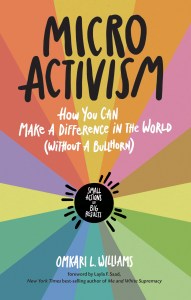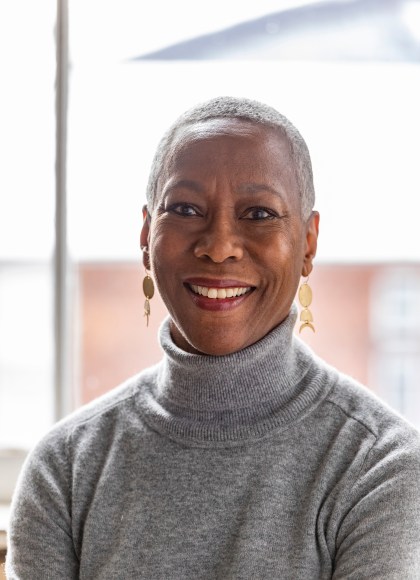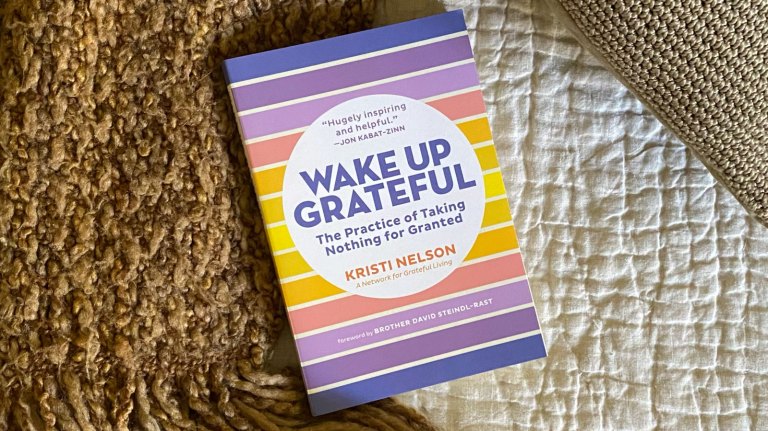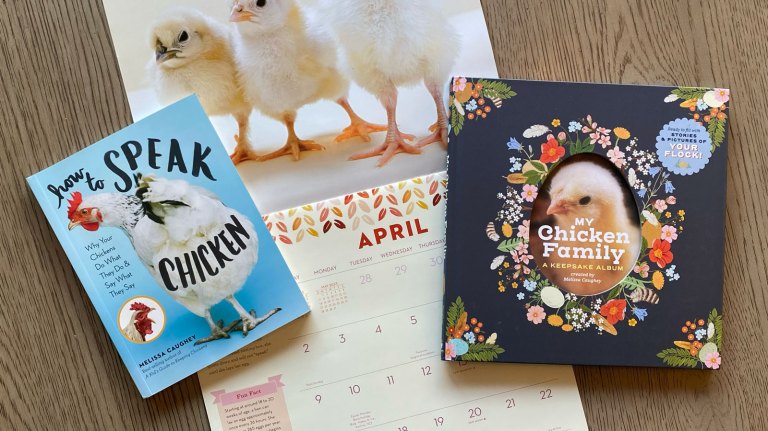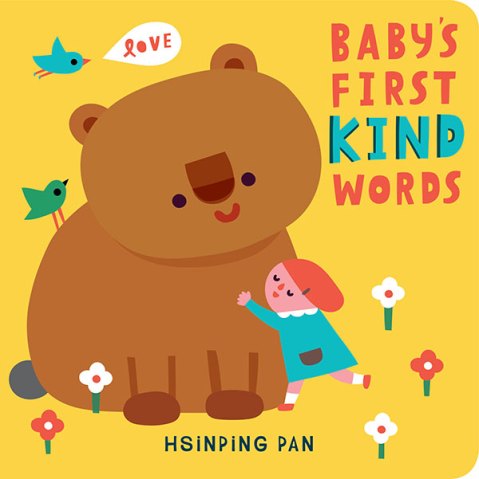A Reflection on Black History Month and Q&A with Omkari Williams
Micro Activism author and activist coach Omkari Williams reflects on Black History Month and offers advice on how to support causes that are important to you.
In 1976 the U.S. started celebrating Black History Month. An entire month, though the shortest one, where the focus is on the accomplishments, contributions, and lives of Black Americans.
Black History Month is important to celebrate and a reminder of the continuing inequities in our country. I relish learning more about Black Americans who came before me and having those stories widely shared. America would look very different without the stellar contributions of Black Americans to music, food, politics, science, sports, and literature.
At the same time, the goal should be that Black History Month becomes a thing of the past. When the history of Black people in America ceases to be something outside the bounds of general history, we won’t need a Black History Month; the same is true of women’s history, Latinx history, and Indigenous history. The stories of all these groups are inextricable parts of the American story and should be seen and taught as such. History, not Black, women’s, Latinx, or Indigenous, just American.
Until that time arrives, we must continue to elevate the stories of Black Americans and all other marginalized groups to have a fuller picture of who we are as a country, in celebration of all our diversity.
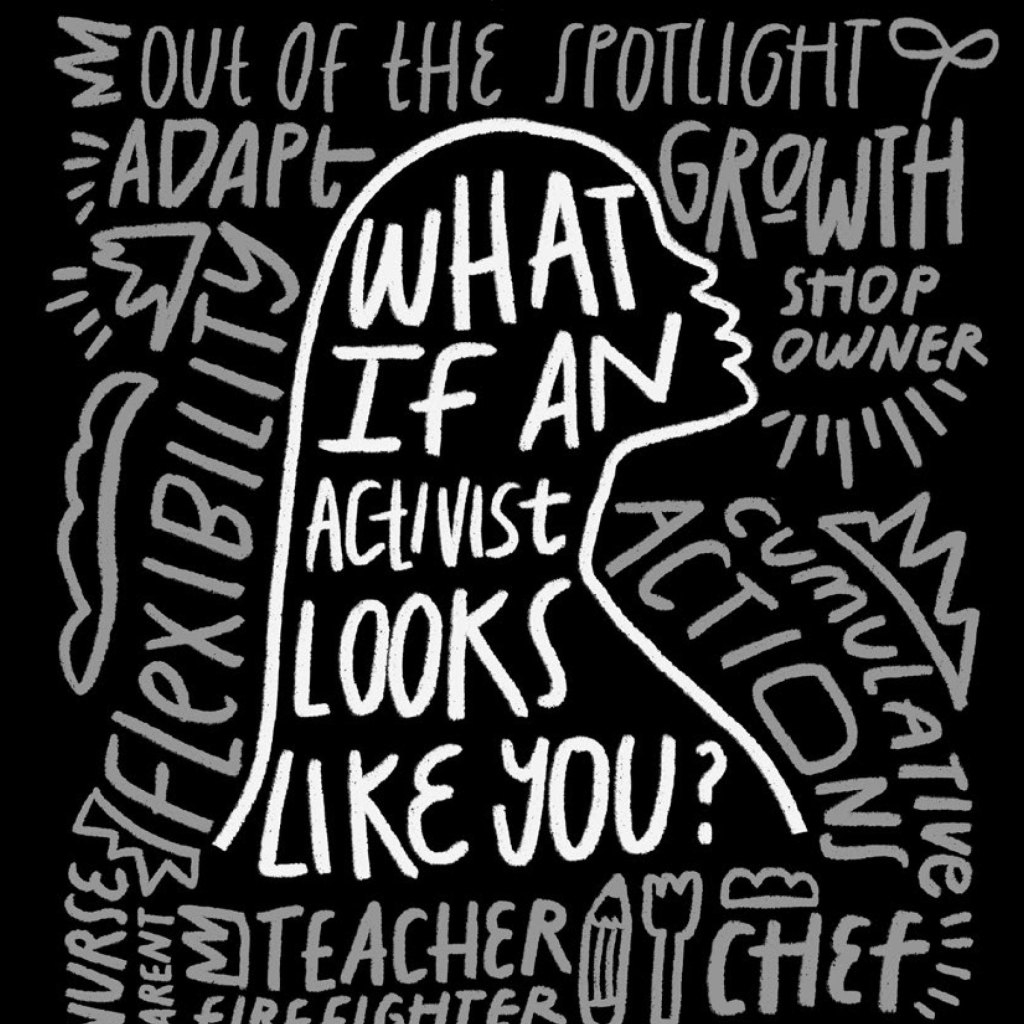
Q: What inspired you to be an activist?
A: My dad was a humanitarian. He worked all over the world to help those impacted by disasters, both natural and man-made. I was always aware that I was fortunate, and that fortune was a matter of luck. Advocating for those who weren’t as lucky just seemed like what one did. We hear the increasingly dire warnings from scientists about climate change and yet most of us are going about our business as if we have a lot of time to make some significant changes in order to avoid the worst impacts of climate change. We don’t, so this is an area of focus for me. The other thing I’m deeply concerned about are the attacks on privacy, which include the overturning of Roe and attacks on the LGBTQ+ community. I see these as part of a fundamental attack on individual dignity and believe we need to be paying greater attention to the challenges that we’re facing on this front.
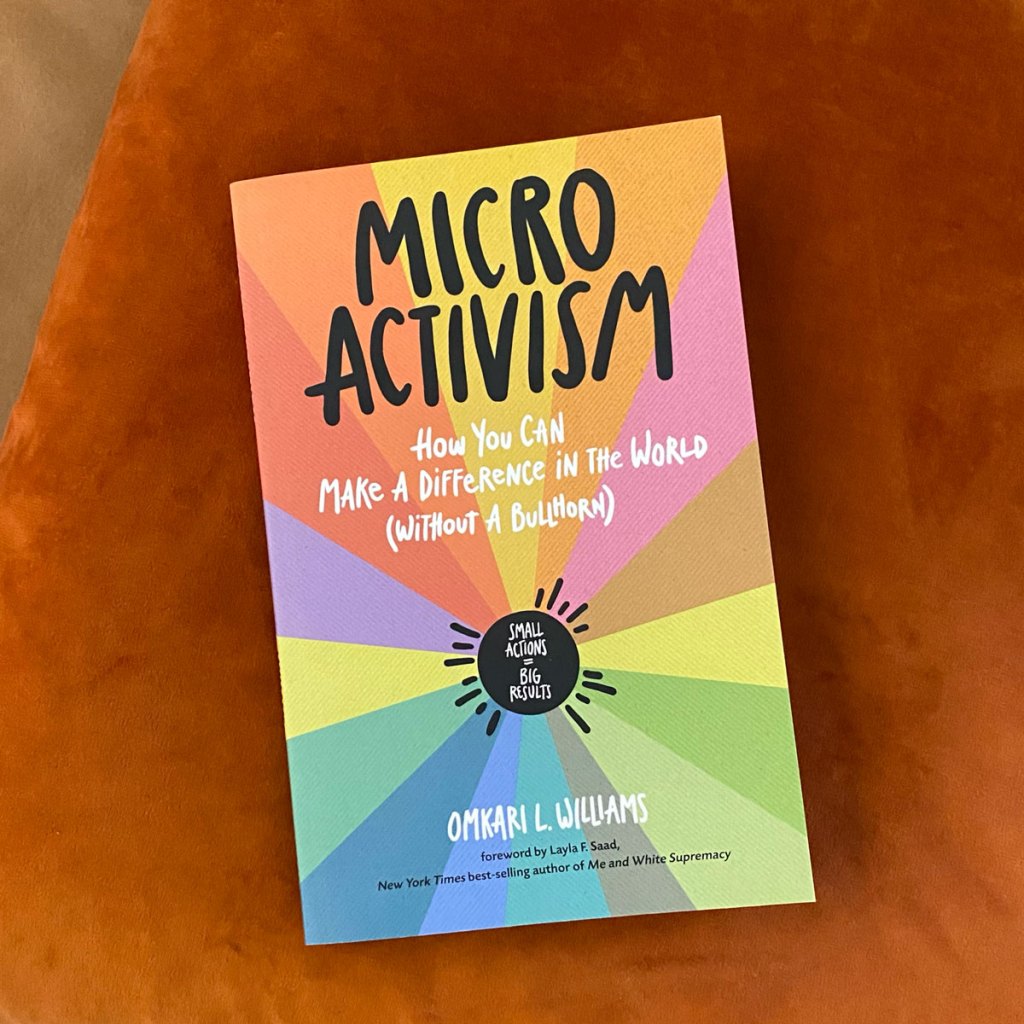
Q: Your book builds on your Activist Archetype tool that provides people with their individual activist type. Why is it important for people to understand their activist type?
A: The Activist Archetype Quiz is designed to be a tool for you to use to get a clear understanding of who you are as an activist. What are your strengths? How can you most readily contribute to the cause that has your heart? It’s my hope that, if you know your type, you won’t try and be someone other than who you are in your activist work. Most of us have an idea of an activist that doesn’t necessarily line up with who we are. We think of people like Dr. King or Greta Thunberg. Obviously, those are two examples of activists, but they are not the spectrum of activists. For most of us, trying to live up to the example that they set is just never going to happen. Instead, when you find your archetype, you can build activism into your day in ways that make sense for who you are and the life you are living right now. Building a practice of micro activism that we can sustain over the long haul is more productive than thinking everything we do has to be huge, because the cumulative effect of the micro actions will, 99% of the time, be more impactful than one big action.
Q: What advice do you give to beginner activists that feel compelled to act, but aren’t sure where to start?
A: Take the quiz and find out what kind of activist you are so that you can plan your first steps realistically. The next thing is to pick one cause to focus on. You’re getting your feet wet, don’t overwhelm yourself. Make a list of actions you could take in support of your chosen cause, pick one, and then make it smaller. Then make it smaller again. Keep doing that until you’ve gotten the action to the point where it’s so small that not doing it seems ridiculous. Repeat that process again and again, letting yourself be guided by the feedback you get and the people you meet who are further down their activist paths. Eventually, your idea of a small action will be bigger than where you started, but the guiding principle, always, is to keep it in the realm of realistic for you. Not for your sister or your best friend, for you. You are building the habit of activism, allow yourself to do it organically.
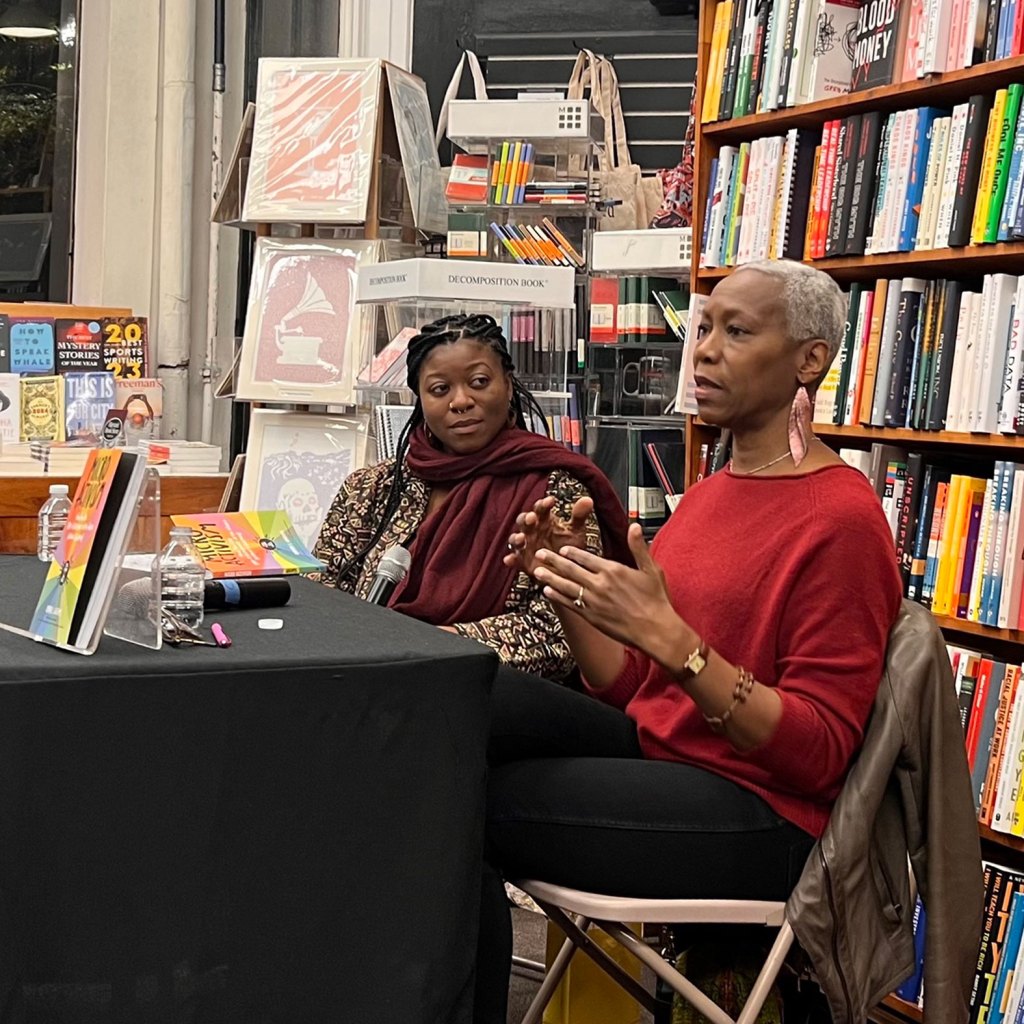
Q: Micro-actions don’t always have obvious results at first, but you make the point that these small acts are not ineffectual. What, to you, is the importance of starting with small, doable actions?
A: Avoiding burnout! We all have so much going on in our lives that adding in big things can work for a while, when the adrenaline of the new is pumping, but that can be hard to sustain as regular life intrudes. With micro activism we are taking actions that are so small that not doing them seems silly. Sign and send that one email to a legislator that was drafted by someone we’re working with on our cause? Sure, I can do that. Send a text reminding a friend of our plan to drop food by the local food pantry? No problem. Set up a recurring donation of $5 a month to a group doing work I support? Easy. Each of those actions, repeated over and over, add up. $5 a month might seem insignificant, but if a thousand other people are doing so as well, that’s huge. What might seem, on the surface, an insignificant action can have wide-reaching effects.
Q: Micro Activism features profiles of activists engaging with social justice work in a variety of ways. What did you learn from speaking to these individuals? What do you hope readers learn from these profiles?
A: I learned the value of tenacity. Some of the people I profiled have been doing their work for decades and they are still at it because they know it matters. They are all at different points in their activist work but share the goal of correcting harm, bringing justice to places where it is lacking, and generally making the world a better place. What I don’t always think they recognize is how inspirational they are to those they encounter. This is part of the whole micro activism experience: we are inspired by the work of others and we, ourselves, are inspiration for others. The work is about improving the lives of all of us and there is a powerful experience of community to be found in doing that work. We don’t always agree about how we want to achieve a goal but that’s just part of the process of being human and negotiating our differences. And you’ve likely never heard of any of the people in these profiles, yet they are all making a positive difference. Isn’t that the ultimate goal?
Text © Omkari Williams.
Everyone can be an activist with the guidance of Omkari Williams, a life coach who guides readers in identifying their "activist archetype" and mapping a personal action plan for engaging in small, change-making activities with potentially big impacts.
In this age of social justice, those who don't necessarily want to lead a movement or join a protest march are left wondering, "How can I make an impact?" In Micro Activism, former political consultant turned activism coach Omkari Williams shares her expertise in empowering introverts and highly sensitive people to help each of us, no matter our temperament, find our most satisfying and effective activist role. Using Williams's Activist Archetype tool, readers discover their unique strengths and use this to develop a personal strategy. To ensure sustainable involvement, Williams encourages starting small, working collaboratively, and beginning locally. Advice on self-care practices, burn-out prevention, and profiles of activists engaged in a range of activities and causes (from voter registration to craftivism, literacy programs, community gardens, and more), provide readers with the inspiration and practical know-how needed to engage in small, doable actions that make a lasting impact.